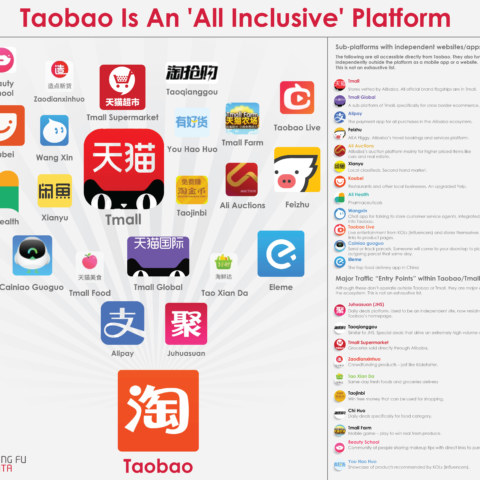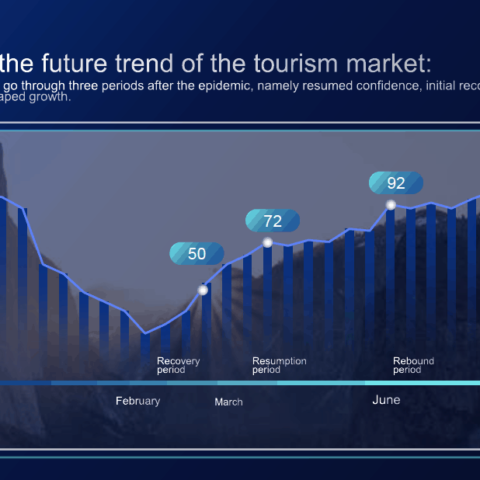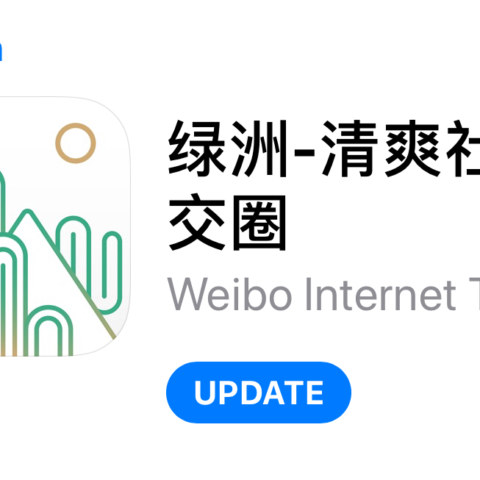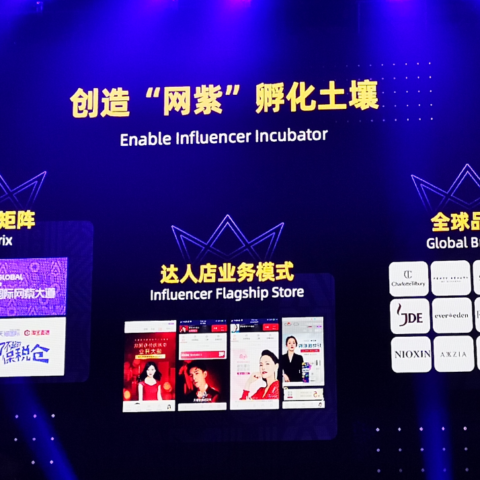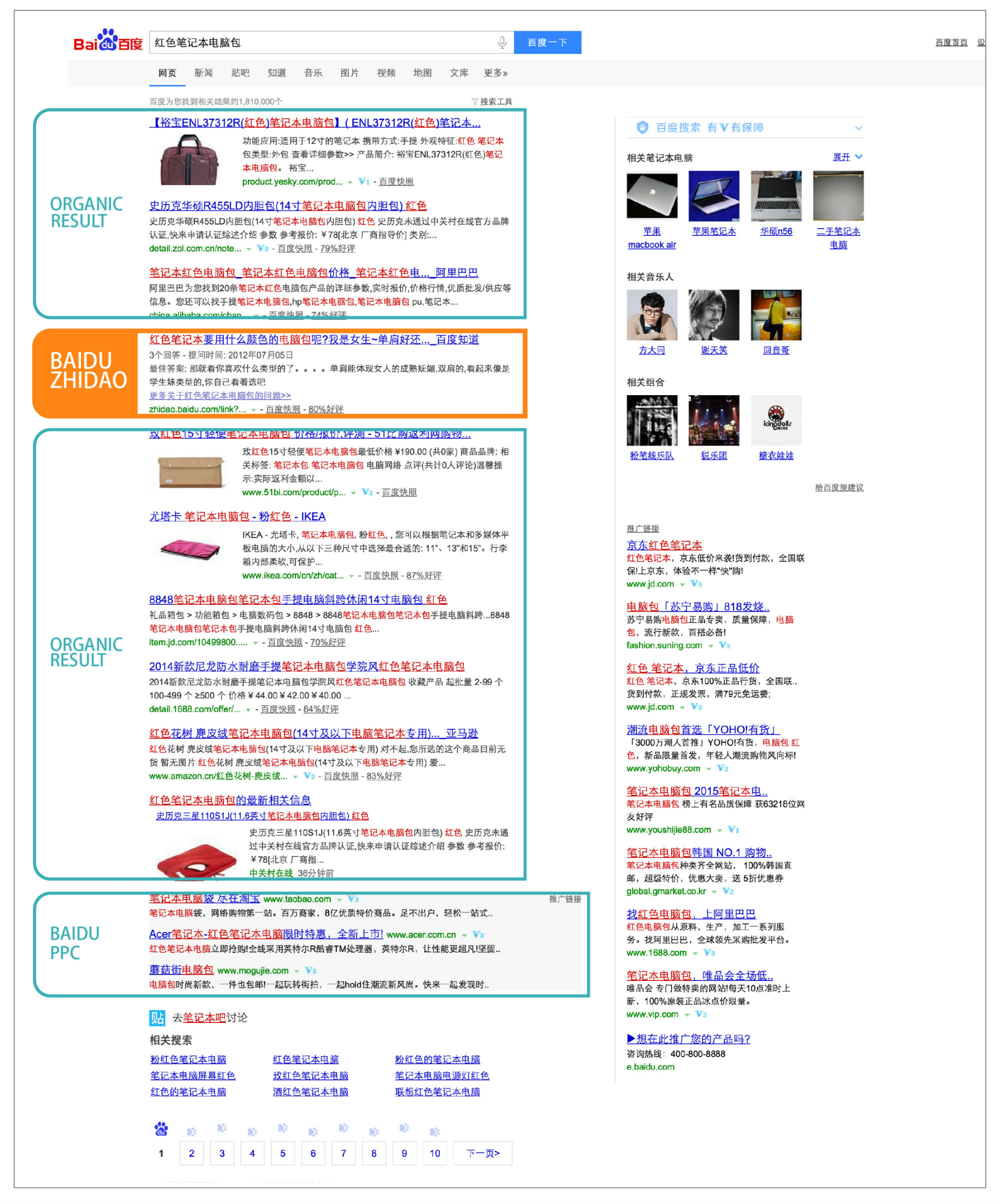Main Differences Between Baidu and Google SERPs
Main Differences Between Baidu and Google SERPs
Chinese Only (Baidu and Google)
The interface is only offered in Simplified Chinese. No other languages are supported.
Click Behavior (Baidu and Google)
Links clicked on the SERP open in a new window, keeping the Baidu window always open for users to come back to it.
Image-Heavy (Baidu and Google)
The majority of organic results have thumbnail images associated with them. Image-based related searches are present for almost every single search on the right side.
Ad Declaration (Baidu and Google)
Often times it is very hard to distinguish between organic and paid results, even more so than Google. The Wei Zexi Scandal is one of the most well-known consequences of this.
Rich Snippets Frequency (Baidu and Google)
Baidu’s own properties can occupy up to 70% of real estate on page 1. Rich Snippets on Baidu can also be much dynamic and interactive than on Google. Their size can be very tall, can have dozens of links in them, or even contain interactive JavaScript apps right on the SERP. While many of the rich snippets are from Baidu’s own properties, some can be applied for by any site using the Baidu Open platform, while others are paid promotional deals only available to a select few partner sites. Baidu’s usage on rich snippets been a major challenge for China SEOs.
Structured Data Implementation (Baidu and Google)
Google uses structured data from schema.org markup and crawled data for rich snippets, while Baidu provides their own platform (Baidu Open or Baidu Webmaster Tools) for submitting structured data. Most of the rich snippets on Baidu are custom-designed for Baidu’s own properties and manually submitted by website owners.
Mobile Search (Baidu and Google)
Google’s mobile search shares the same URL as its desktop version. Baidu uses m.baidu.com for its mobile search engine.
Transcoding of non-mobile friendly websites (Baidu and Google)
If your site is not mobile friendly, your site may be transcoded by Baidu to make it load faster for mobile devices. When this happens, your content will be hosted on Baidu’s servers. This all happens automatically without any action or approval by site owners.
Baidu Trust System (Baidu and Google)
Baidu uses a domain credibility system that displays the level of trust it has for a domain in their SERP snippet. Sites must apply specifically for the badge for a fee, and is generally only available for paid search customers. The effect this badge has on organic ranking is unclear. Many believe Baidu does not treat it as a ranking factor, but it can definitely improve your website’s search appearance and click-through rate. In the snippet below, the site has a “V3” Baidu Trust rating.
Example Baidu SERPs
The layout of the SERP can vary dramatically depending on the type of search. While some queries may display the traditional 10 blue links, most Baidu searches return a large number of ads, Baidu’s own properties, and other types of rich snippets.
Brand queries (Baidu and Google)
Large enterprises have a relatively high degree of control for their own brand terms. Sites can apply for open widgets, submit their business address to allow their location to show up as a local result, create an enterprise page on Baike, or purchase special Brand Zone ads that take up the entire area above the fold.
Leave a Comment











